Does Indoor Cat Need Yearly Vaccinations
All kittens should receive their first shots at age six to eight weeks because very young kittens are especially vulnerable to panleukopenia and calicivirus. On average a kitten can receive his first rabies shot as early as 8-12 weeks of age although the standard is between 4 and 6 months and will need a booster to insure immunity a year later.
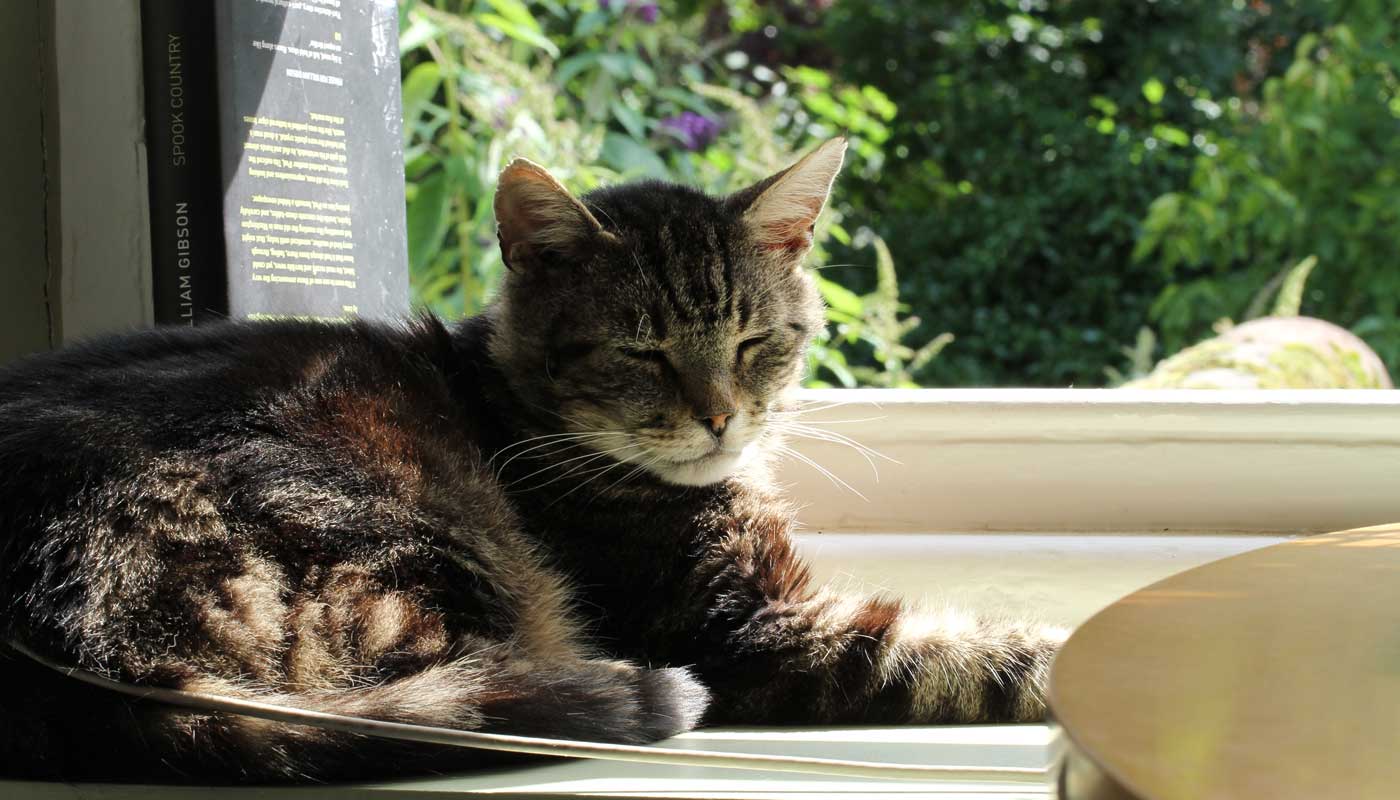
Indoor Cats Still Need To Visit The Vet Cat Care Clinic
Your cats health and lifestyle will change over time.

Does indoor cat need yearly vaccinations. Currently the recommendation for indooroutdoor cats is to administer the FVRCP vaccine annually. Different vaccines even different versions of one type of vaccine require different re-vaccinationbooster schedules. The details of the vaccinations varies from state to state and often refers to the label of the specific vaccine used.
Your veterinarian is your best resource for figuring out the best vaccine routine for your feline family member but this chart will help you understand the basics. I do not recommend that any cat receive subsequent boosters any more often than every three years. What injections do indoor cats need.
The scientific community is still learning exactly how long these vaccines last. Vaccination of cats in multiple cat families is important since cats in multiple cat households are more likely to experience upper respiratory infections. For starters older cats dont need any annual or booster vaccinations other than rabies if lifestyle adheres.
Indoor cat vaccinations If your cat lives exclusively indoors they will still need to be vaccinated against cat flu and panleukopaenia but may not need the FeLV vaccine. While there are certain mandatory or core vaccines for cats there are also noncore vaccines for different lifestyles or vaccines that are only recommended during the kitten years. Which shots they need.
You might have guessed my answer to the question Should you vaccinate your indoor cat is yes. Feline leukemia a usually fatal cancer caused by a retrovirus spreads from cat to cat via. Due to the coronavirus crisis we have had to make changes to our current services.
Some vaccines are recommended for all cats. Frankly its not worth the risk of allergic reaction vaccine. An adult cat who has received a primary vaccination course will require the core vaccination every 1-3 years depending on the duration of immunity provided by the vaccine your veterinarian uses and the cats individual circumstances.
If this were a yes-or-no question the answer would be no. Most states have laws regarding the vaccination of pet animals dogs cats and ferrets as well as other domestic animals. Many owners of indoor cats elect a 5-7 year period.
The American Association of Feline Practitioners also recommends rabies vaccination for cats based on the local regulation and a tri-annual FVRCP vaccination to keep your cat in tip top shape. Check with your veterinarian. Lastly vaccinating your cat indoor or outside may be required by law.
Cats Protection vet Vanessa Howie discusses vaccinations explaining why cats have vaccine treatments and whether indoor cats still need regular boosters. As with any medical procedure there is an. In fact some states require all cats indoor or not to receive annual rabies shots.
Most agree that FeLV vaccination is a core vaccine for kittens. Vets usually recommend that cats get annual FVRCP booster shots but some believe vaccination once every three years is sufficient. A cat that is totally indoors and lives in an apartment building would be a reasonable candidate for less frequent vaccination while a cat that goes outdoors or is in frequent contact with other cats would be considered to be at high-risk and should be vaccinated more frequently.
Whatever vaccinations you decide on with your veterinarian revaccination is needed from time to time to keep your cats immunity high. A booster should occur at one year of age. Adult cats need shots less often usually every year or every 3 years depending on how long a vaccine is designed to last.
A yearly booster of core vaccines protects a cat against rabies herpesvirus calicivirus and panleukopenia. Even if they are indoor cats they may escape out an open door or. Healthy indoor cats can wait for up to three years between boosters due to their lower-risk lifestyle.
For indoor-only cats the recommendation is to administer the vaccine every three years.
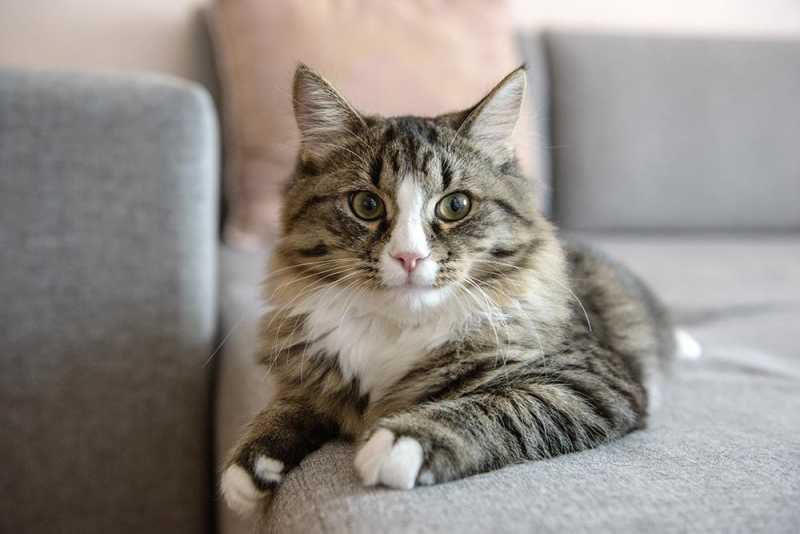
Why Do I Need To Take My Indoor Cat To The Vet Small Door Veterinary

Do Indoor Cats Need Shots Every Year Clever Pet Owners
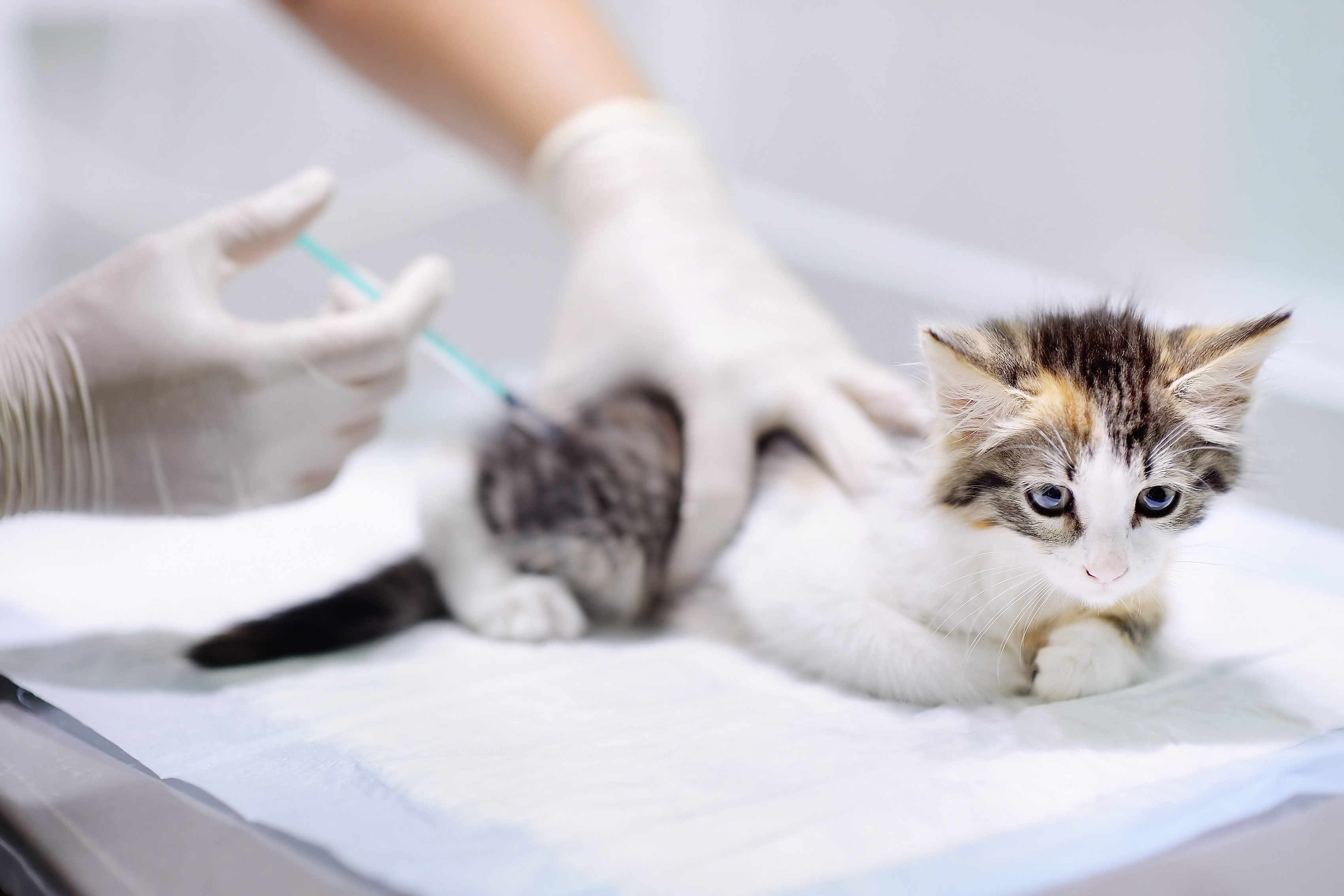
Rabies Vaccinations For Indoor Cats Friendship Hospital For Animals
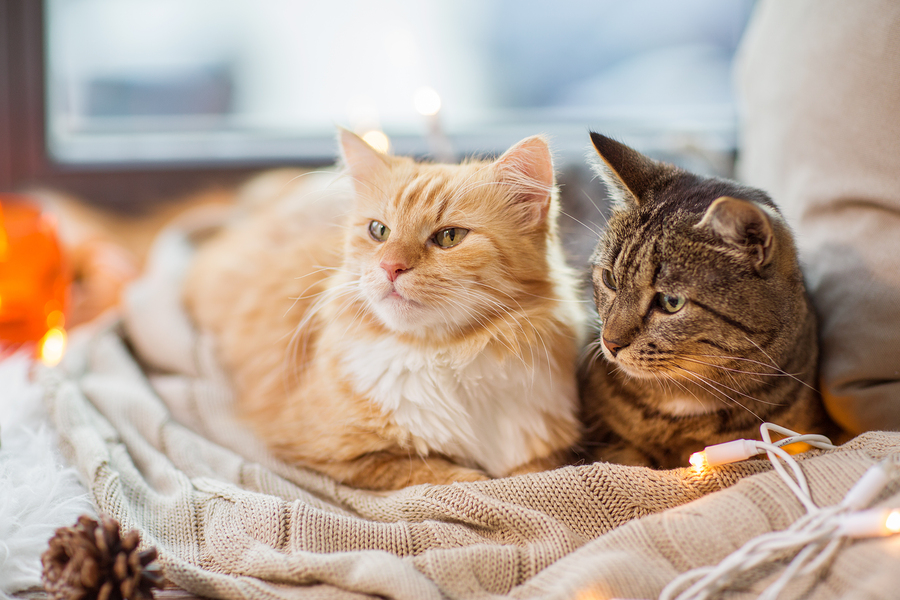
Why Your Indoor Cat May Need Vaccinations Fear Free Happy Homes
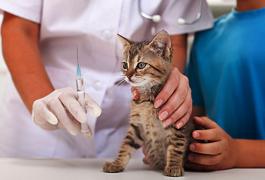
Should You Vaccinate Your Indoor Cat The Animal Medical Center
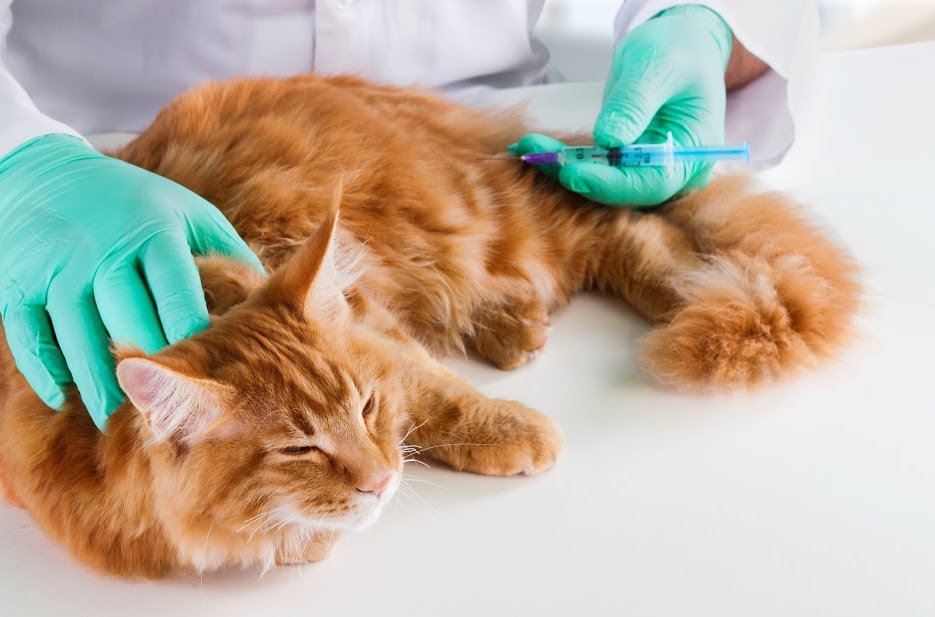
Does My Indoor Cat Need Vaccines Killarney Cat Hospital

Does My Indoor Cat Need Vaccinations Flea And Worm Treatment Goddard Veterinary Group

Indoor Cats And Worms Understanding The Risks

Male Indoor Only Cat For Adoption Carshalton Surrey Pets4homes
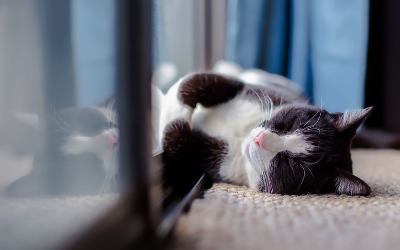
Indoor Cats And Infectious Disease Vca Animal Hospital

Do Indoor Cats Need Rabies Vaccinations The Honest Kitchen Blog

Vaccines For Indoor Cats Veazie Vet

Why Does My Indoor Cat Need To Be Vaccinated
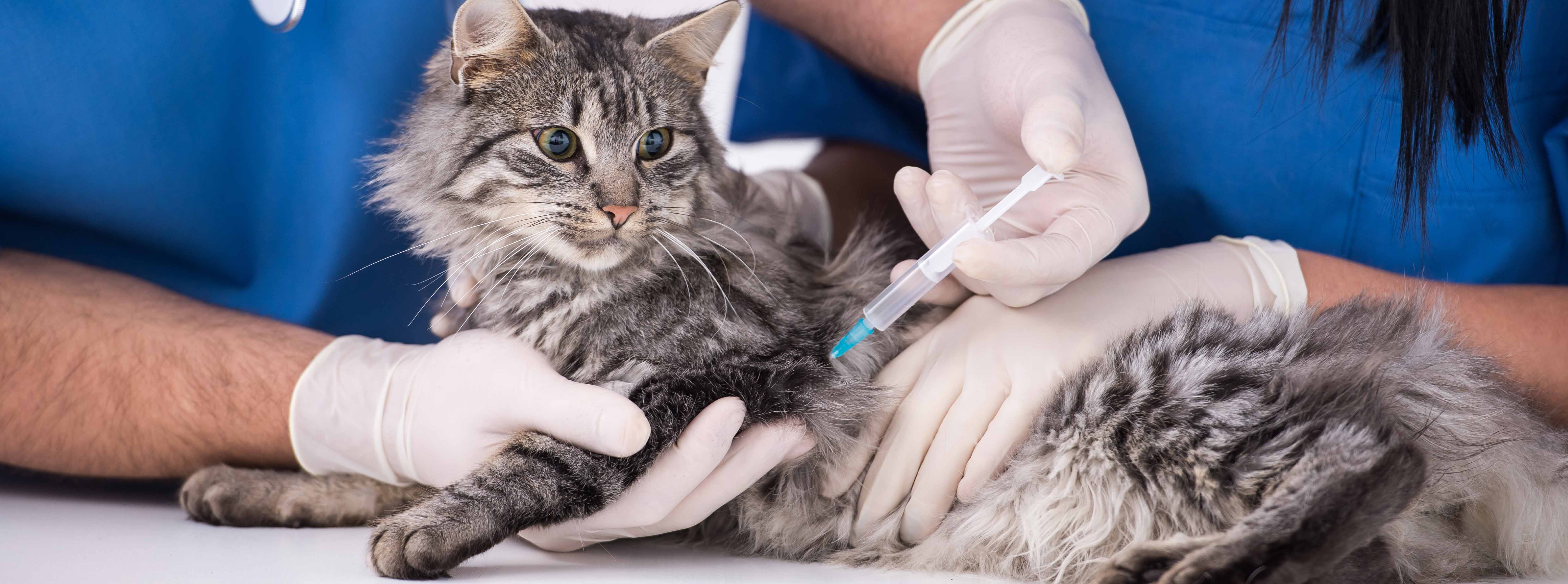
Cat Vaccination In London Fairmont Vet Hospital
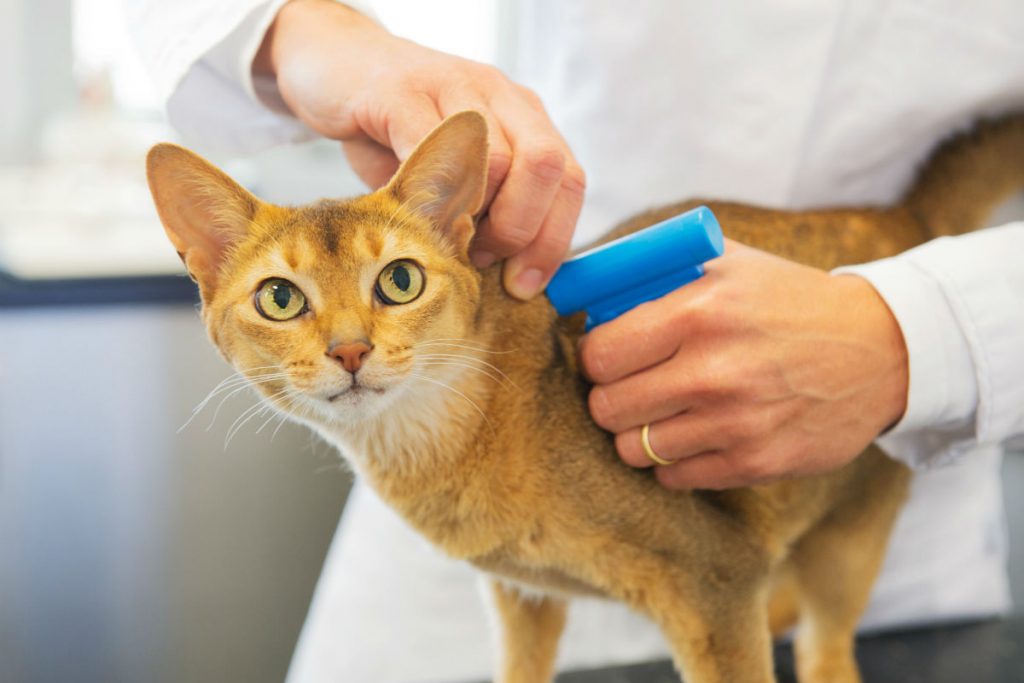
Rabies Vaccine Does My Indoor Cat Really Need It Hillcrest Animal Hospital

What Vaccines Do Indoor Cats Need Nasa Pet Hospital Clear Lake Tx

Do Indoor Cats Need Shots Every Year Clever Pet Owners
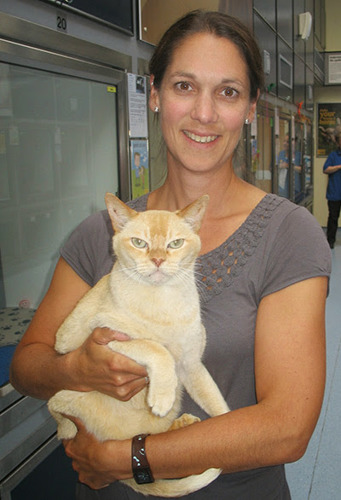
Do Indoor Cats Still Need Boosters And Other Vaccination Faqs
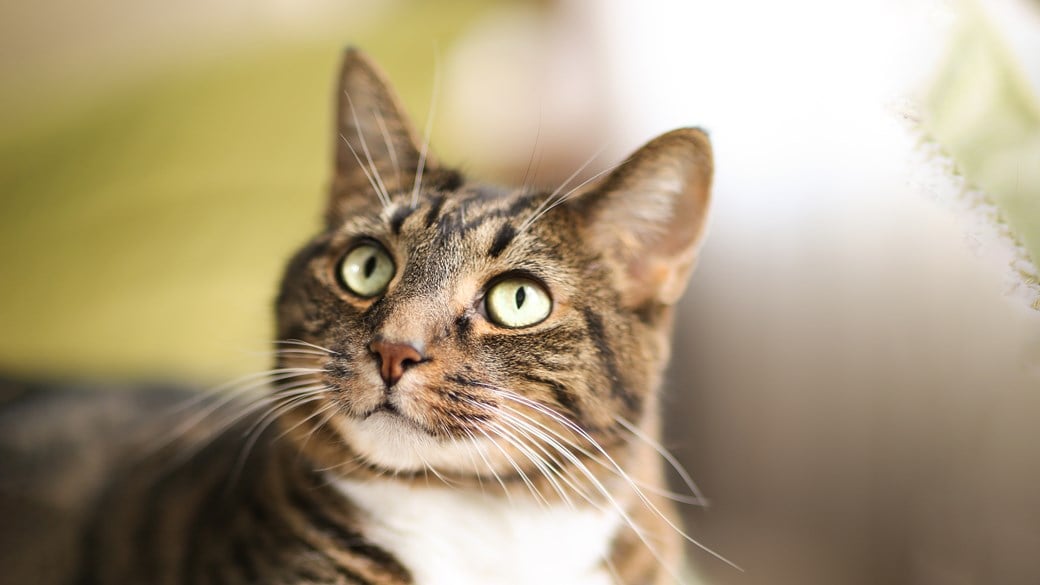
Post a Comment for "Does Indoor Cat Need Yearly Vaccinations"